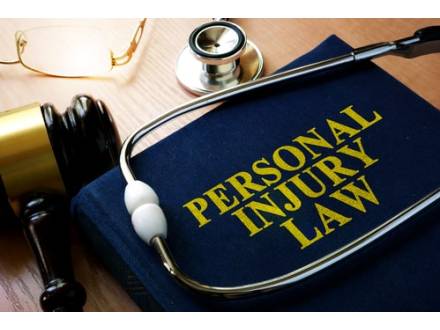How Can I Prove Negligence in a Personal Injury Case?
 Most personal injury cases require the victim — also known as the plaintiff — to prove that the defendant was negligent. Negligence means the defendant did not take the proper care to prevent an injury that a reasonable person would have taken in the same circumstances. If you can prove negligence, you may be able to collect compensation for damages.
Most personal injury cases require the victim — also known as the plaintiff — to prove that the defendant was negligent. Negligence means the defendant did not take the proper care to prevent an injury that a reasonable person would have taken in the same circumstances. If you can prove negligence, you may be able to collect compensation for damages.
That can be a difficult task, however. Proving that an injury was caused by negligence depends on the quality and quantity of the evidence. The evidence should show that the four elements of negligence have been satisfied. This article will discuss those four elements and how to contact a Maryland personal injury attorney.
What Are the Four Elements of Negligence?
Negligence has four components:
- Duty of care: If you want to claim the defendant did not take proper care, you first need to show that he or she had a duty to take such care. A person may have a duty of care toward another because of the nature of their relationship, such as a doctor and patient. In other cases, a person may be bound by circumstances to take a reasonable amount of care. For example, driving on the road means taking some basic precautions to avoid injuring others.
- Breach of duty: Once you prove the defendant had a duty of care, you need to show that he or she breached that duty. In other words, you want to demonstrate that he or she did not meet a certain standard of care.
- Proximate cause: An important part of proving negligence is showing that your injury was directly caused by the defendant’s breach of duty. Sometimes this can be straightforward, like if you were hit by a drunk driver. Other times, however — like in the case of medical malpractice — it can be difficult to show how the defendant’s negligence directly caused your injury.
- Damages: The fourth step in a negligence claim is showing that you suffered damages from your injury. If there were no damages, there is nothing to claim compensation for.
What Is My Burden of Proof in a Personal Injury Case?
Unlike in criminal cases, where you need to prove the defendant is guilty "beyond a reasonable doubt," in a personal injury case Maryland law only requires you to bring "a preponderance of the evidence." This is understood to mean that the plaintiff must convince the court that his or her presentation of the facts is at least 51 percent accurate. Put another way, the court must believe the plaintiff is "more likely than not" to be correct.
Contact a Rockville, MD Personal Injury Lawyer
Proving negligence is essential to collecting compensation for an injury and is a task best handled by a Travilah, MD personal injury attorney. At Salvado Law Offices, our attentive and diligent lawyers will help you gather evidence to prepare a strong case for as much compensation as possible under the law. Schedule a consultation with an English- or Spanish-speaking attorney by calling 301-933-1814 today.









